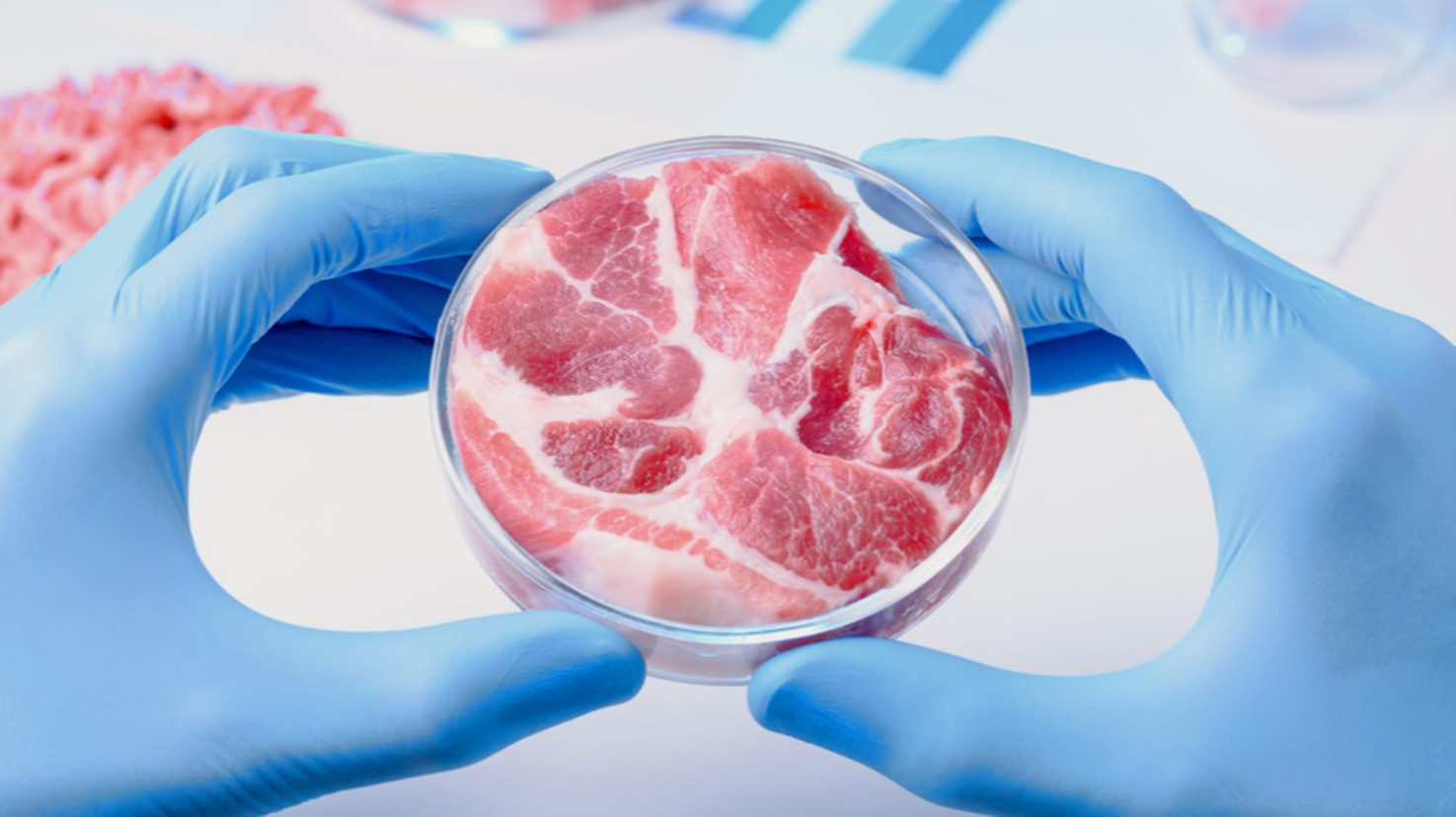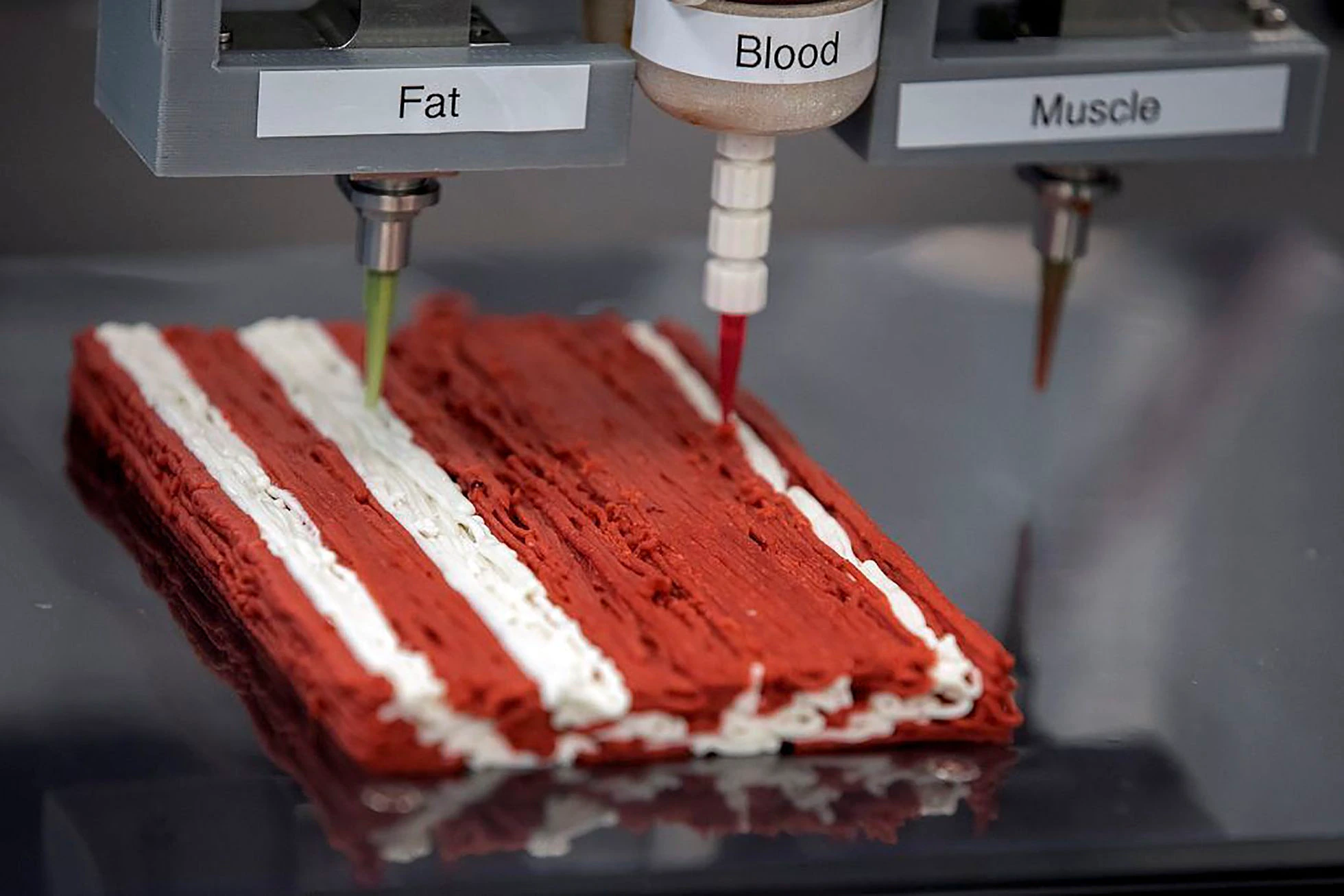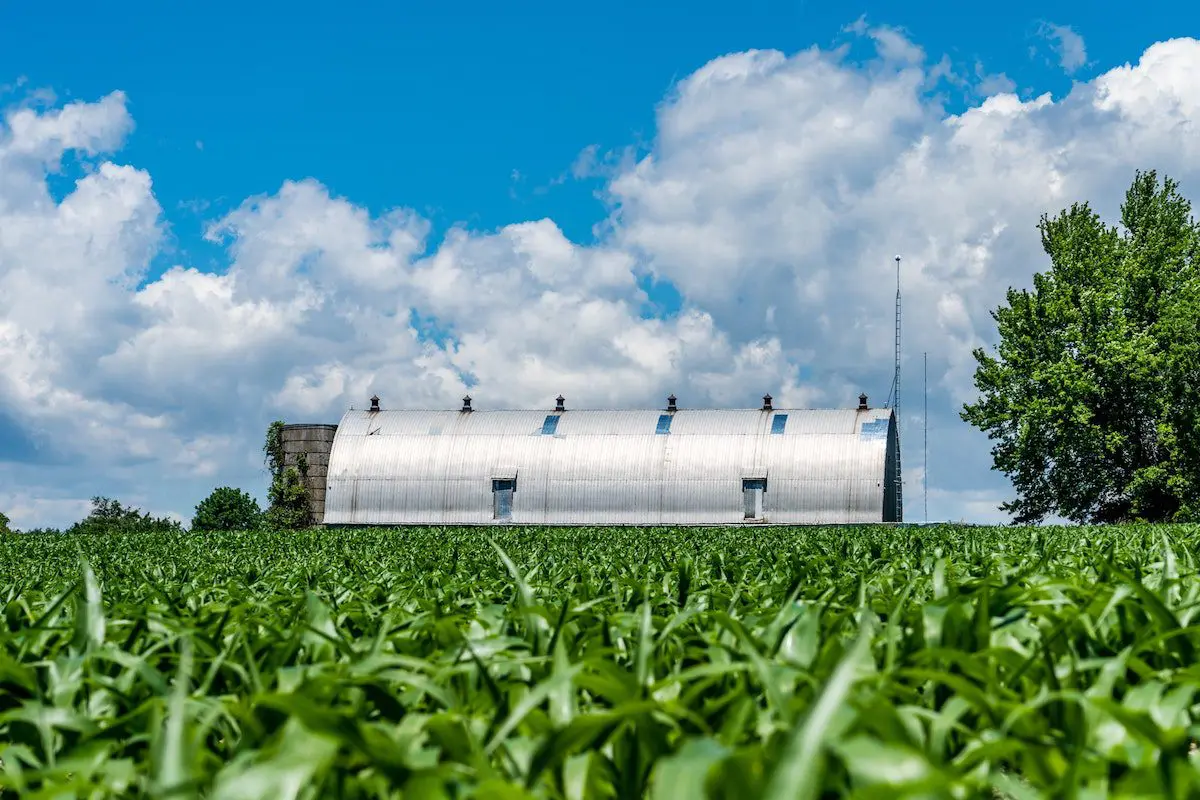2022 was a volatile year for plant-based foods. After Beyond Meat’s $BYND stock price plummeted to $16 in January — less than 1/10 of its highest value at $235 in July 2019 — the company entered the new year with a significant amount of debt and down about 19% of its workforce following layoffs in October.

Impossible Foods, the other giant in the plant-based sector, has similarly gone through multiple rounds of layoffs, most recently letting go of about 20% of employees at the end of January.
Last week, Beyond Meat posted fourth-quarter results and a financial forecast that analysts considered a positive surprise. Shares briefly shot up on the news and then pulled back, but are still up about 40% so far this year.
The troublesome shifts aren’t limited to companies hoping to displace conventional meat. Oatly $OTLY saw a net loss of $159 million within the first six months of 2022 as its products — already pricier than dairy milk — were subject to inflation and as the brand’s sales struggled against other plant-based competitors. Despite an uptick in popularity, the sales of plant-based milk pale in comparison to dairy milk. Even popular brands like Oatly, which has been around since the 1990s, have failed to notably alter the dairy industry’s playing field.

Yet alternative meat startups, both plant-based and lab-made, are still raking in funding from high-profile investors and supporters, including Bill Gates, Leonardo DiCaprio, and Whole Foods — part of Amazon $AMZN .
“If you look at the impact of food on the environment, on human health, on animal welfare, on safety and food security, how can you not put hundreds of millions of dollars into this?” David Kaplan, chair of the Department of Biomedical Engineering at Tufts University, said. Kaplan runs The Kaplan Lab, focused on cellular agriculture research, which was awarded a five-year, $10 million grant by the USDA in Oct. 2021.

** Click here to read the full-text **









